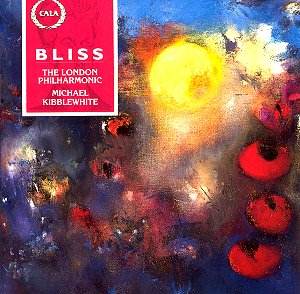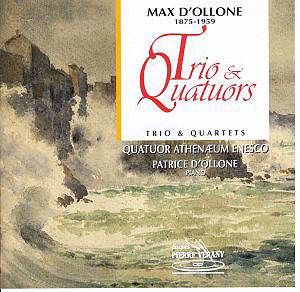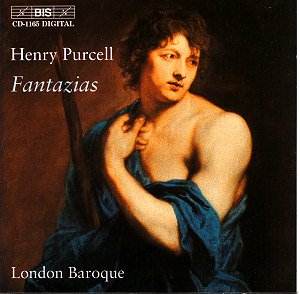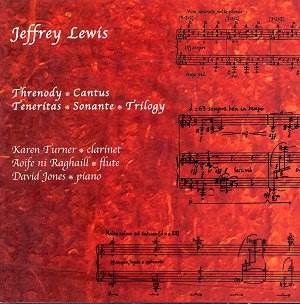 Composer: Sir Arthur Bliss
Composer: Sir Arthur Bliss
Works: Morning Heroes, Investiture Antiphonal Fanfare, Prayer of St Francis of Assisi
Performers: Brian Blessed (orator), East London Chorus, Harlow Chorus, Hertfordshire Chorus, London Philharmonic Orchestra, Michael Kibblewhite (conductor)
Recording: Recorded 17-17 Nov 1991 & 26 Jan 1992, All Hallows Church, Gospel Oak, London
Label: Cala CACD 1010
Sir Arthur Bliss, a prominent figure in British music, is perhaps best known for his evocative depictions of the emotional landscape shaped by the First World War. His symphonic work, “Morning Heroes,” stands as a poignant tribute to his brother and fellow soldiers who lost their lives in the conflict. Composed in the aftermath of the war, this symphony, which integrates an orator, chorus, and orchestra, draws upon the words of renowned poets like Walt Whitman and Wilfred Owen, creating a complex tapestry of sound that encapsulates both the heroism and tragedy of war. This recording, released by Cala, revives Bliss’s essential contribution to the canon, shedding light on a work that, while occasionally overshadowed by more mainstream repertoire, merits serious consideration for its profound thematic depth and musical sophistication.
The performance under Michael Kibblewhite’s direction is marked by a compelling dramatic arc that drives the narrative of “Morning Heroes.” Kibblewhite, known for his meticulous attention to detail, elicits a powerful interpretation from the London Philharmonic Orchestra. The orchestral playing is exceptionally refined, with the instrumentalists navigating the intricate textures of Bliss’s score with remarkable discipline. The lush string sections and vibrant brass interjections emerge clearly, thanks to the commendable engineering by Cala, which captures the nuances of the performance with fidelity. Particularly noteworthy is the interpretation of Owen’s “The Heroes,” where the fast-paced segments are executed with an intensity that resonates with the emotional weight of the text.
Brian Blessed’s role as orator adds another dimension to the performance. His voice carries the robust gravitas that the text demands, though at times, his delivery lacks the nuance that a more measured approach might have afforded. This contrasts sharply with John Westbrook’s interpretation in the earlier EMI recording with Sir Charles Groves, where a subtler pacing allows for a more reflective engagement with the material. Blessed’s fervor certainly conveys the urgency of the message, yet moments of restraint could have enhanced the overall impact. The choral contributions from the East London, Harlow, and Hertfordshire choruses are consistently impressive; their singing imbues the work with an emotional resonance that elevates the experience.
The inclusion of the “Investiture Antiphonal Fanfare” serves as a striking contrast to the major work. Despite its brevity, this fanfare is executed with an authoritative presence that captures the listener’s attention immediately. The recording also features the “Prayer of St Francis of Assisi,” notable for being the first recording of this piece, showcasing Bliss’s ability to create a serene atmosphere with unaccompanied female voices. While the material itself may not linger in the memory, the layering of vocal textures is beautifully crafted, contributing to the overall tapestry of the disc.
This distinguished recording of “Morning Heroes” effectively showcases the talents of its performers and the rich emotional depth of Bliss’s music. The thoughtful engineering ensures that the intricate details of the orchestration and choral harmonies are presented with clarity and warmth, affirming the work’s significance within the 20th-century British canon. The accompanying booklet, with its comprehensive notes and full texts, further enhances the listening experience, making this disc not only a valuable addition to Bliss’s discography but also a worthy exploration of a pivotal historical moment in British music.



